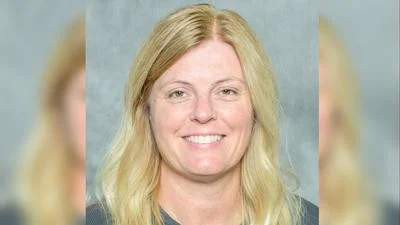The Mississippi River basin experiences a variety of challenges, from flooding to urban sprawl to nutrient runoff. A team of researchers will examine how these issues connect to affect the environmental conditions of cities, suburban areas and rural areas — and the people living there.
The Urban-Rural Systems Research Coordination Network, housed at Iowa State University, has received a $500,000 National Science Foundation grant from the Dynamics of Integrated Socio-Environmental Systems program to launch a five-year study.
The team will be led by Ulrike Passe, professor of architecture and lead of the Sustainable Cities Research Team at Iowa State.
Researchers will focus on five metropolitan areas within the Mississippi basin — Minneapolis/St. Paul; Davenport; St. Louis; Memphis; and Baton Rouge, Louisiana — and their satellite communities and adjacent rural areas.
Challenges include:
- Urban and suburban sprawl;
- Disconnected food, energy and water systems;
- Frequent floods and uncontrolled water runoff;
- Urban heat-induced hospitalizations;
- Lack of ecosystem services; and
- Climate change impacts.
“Addressing interconnected challenges in the basin has high potential for significant societal and sustainability impacts because close to half of urban dwellers will soon live in similar-sized urban settings,” Passe said. “Results of the network’s research will support ongoing efforts to address environmental, social, health and equity issues across scales and create transferable models to improve community health and vitality in other networks of cities.”
The research network will consider land policy issues that impact the urban-rural interface, including land use and zoning, urban density and floor area ratios, land use patterns, urban nature, urban expansion plans, building designs and infrastructure, as well as urban ecosystems, biodiversity and climate adaptation.
Working groups will develop a comparative classification system that describes the similarities and distinctions between neighboring cities and rural and agricultural places.
Researchers plan for this project to lead to new regional policies and government actions that can create more resilient and sustainable environments for people living in the Mississippi River basin and other similar regions.
Iowa State collaborators include Janette Thompson, Morrill Professor of natural resource ecology and management; and Kimberly Zarecor, professor of architecture.
Outside collaborators include Traci Birch, assistant professor of architecture at Louisiana State University and interim managing director of the LSU Coastal Sustainability Studio; Andy Kitsinger, interim director of the University of Memphis Design Collaborative; Kristen Nelson, professor of forest resources and fisheries, wildlife and conservation at the University of Minnesota; Charles Nilon, the William J. Rucker Professor in natural resources at the University of Missouri; Charles Santo, associate professor of city and regional planning and chair of the department at the University of Memphis; and Sean Zeiger, assistant professor of forest hydrology and watershed management at Lincoln University of Missouri.
This research network grew from an initial NSF-funded workshop at Iowa State in 2019, which gathered academic experts and local stakeholders to discuss these challenges and consider steps forward.
Original source can be found here.




 Alerts Sign-up
Alerts Sign-up